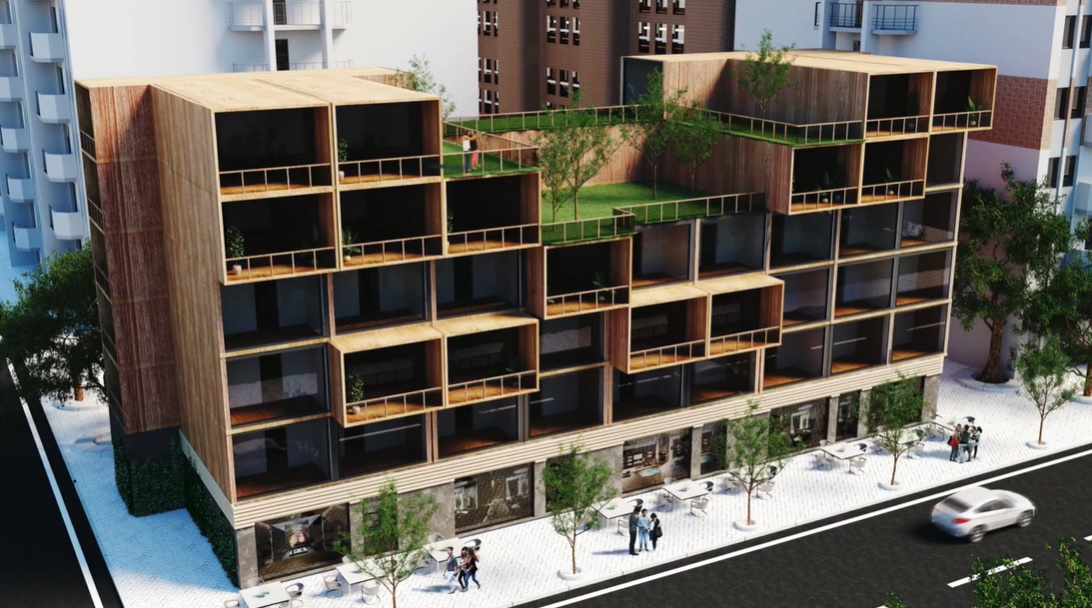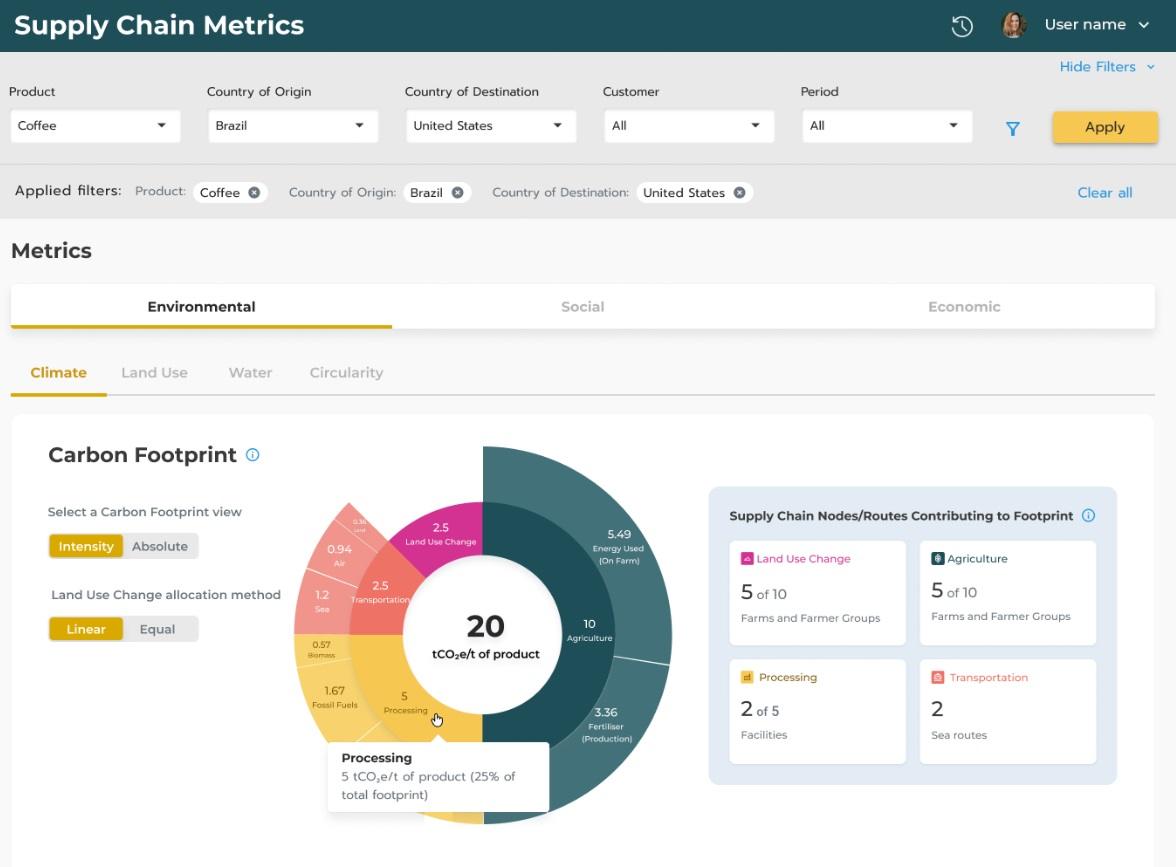Low Carbon Proptech Tech Startup Vestack Raises Over €10 Million
Low-carbon buildings tech company Vestack announced it has raised more than €10 million in a new funding round aimed at enabling the company to accelerate growth, increase production, and finance R&D.
The round was led by sustainability-focused investment manager Mirova through its first Impact Private Equity fund and was supported by Ring Capital’s VC Impact fund Ring Mission, and venture capital firm Karista.
Joanna Parent, Investment Director of Mirova’s Private Equity Impact, said:
“The goal of Mirova’s environmental impact capital investment stratégy is to accelerate the scaling of innovative environmental solutions with positive impact. A quarter of global greenhouse gas emissions and 75% of waste are linked to the construction sector. The issues Vestack is dealing with are vital to control our carbon emissions in the years to come and we are particularly happy to support it.”
Incorporated in 2019, Vestack designs and builds low-carbon buildings in the form of modules assembled off-site from bio-based materials buildings, enabling clients to construct buildings with a lower carbon footprint. The company has developed a digital design technology, which facilitates the work of architects and divides design time. Modular construction also aids the eco-conception of buildings by optimizing the use of resources and reducing supply chain flows.
Charlotte Lafont, Principal, Ring Mission, said:
“Vestack’s mission is to democratize low carbon construction. Their buildings, while respecting the environment, remain affordable and competitive. Beyond having an environmental impact, they have a social impact and provide an answer to the housing crisis.”
Proceeds from the financing will be used to accelerate Vestack’s development of new features in its digital design software, R&D on the construction system and commercialization of new products, and production capacity by financing new assembly sites and new partnerships.
Vestack’s co-founders, Sylvain Bogeat, Nicolas Guinebretière, and Jean-Christophe Pierron, added:
“A tech revolution is necessary to reconcile sustainable construction with affordable housing.”





